In the first of this two-part blog series about how challenger brands can use company culture to create brand distinction, we talked about how The Container Store gets it right. But what happens when a company’s brand cues and culture cues are misaligned? Read on to find out.
While The Container Store and Chick Fil-A are two great examples of how to treat employees the right way, sadly, there are far more examples that illustrate the shadow side of leadership.
It’s easy to see how a company could arrive at that reasoning and completely buy into it. It’s misplaced and wrong, but understandable.
Companies don’t have souls. But people do.
That’s never clearer than when company leaders step all over their employees, intentionally or otherwise. Crushed spirits turn into crushed brands and broken companies. Rarely have I come across so poignant an example as I did at the gym one morning a few years ago.
As a reformed workout know-it-all, I had engaged the services of a professional trainer to help me sort out my awful form and bad habits. My trainer was a great guy. He was full of passion for a profession he chose as a kid and was excited to be practicing what he preached. Training was clearly his calling, and any fitness chain would have been lucky to have him representing their brand.
But this particular day, I could tell something was amiss from the jump. It wasn’t anything my trainer said or did. His demeanor was just different. He was less enthusiastic, and his trademark energy had been drained. It didn’t take a long line of questioning to get to the heart of the matter.
The gym had recently come under new ownership which seemed to be a positive development. They had refreshed the brand by investing in expensive new equipment, reconditioning the space with fresh paint and carpet and re-naming the place to underscore the forward progress.







